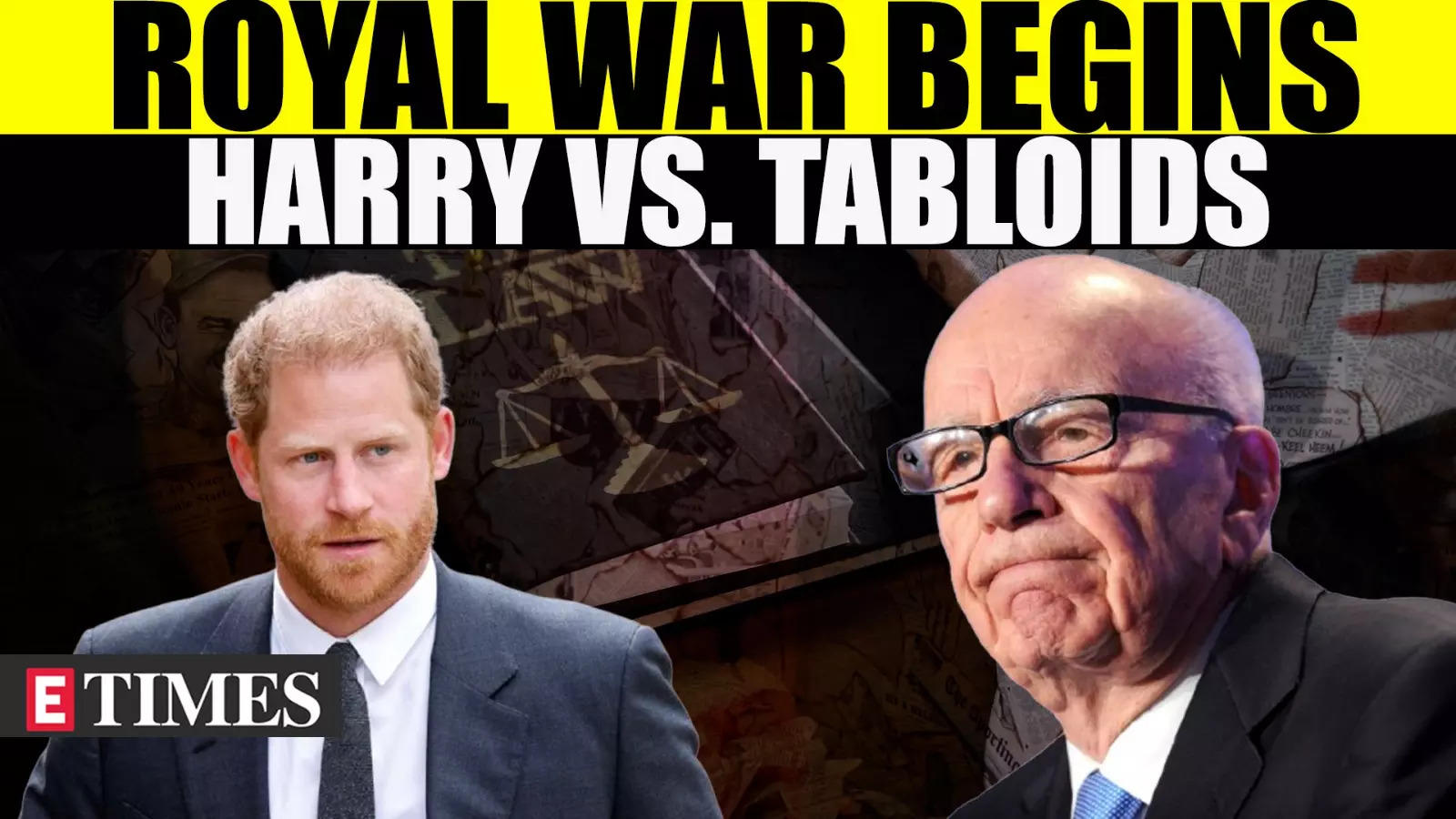Prime Minister Justin Trudeau says military operations in Rafah must stop now that the International Court of Justice (ICJ) has ordered Israel to halt its offensive in the southern Gaza city.
Speaking to reporters at a press conference on Friday, the prime minister repeated Canada’s call for a ceasefire and for Hamas to release the hostages it took on Oct. 7.
“There also must be no more military operations in Rafah by Israel, and certainly no escalation of military operations in Rafah,” Trudeau said in response to a question about Friday’s court ruling.
“The ICJ’s proposals are binding and we expect everyone to follow them as a matter of international law.”
Speaking after the International Court of Justice ruled that Israel should halt military operations in the southern Gaza community of Rafah, Prime Minister Justin Trudeau said there should be no escalation in the area by Israel and called for immediate access to more aid.
The ICJ decision sent a three-part message to Israel by ordering the country to halt the Rafah offensive, to allow war crimes investigators access to Gaza and to immediately increase humanitarian aid into the region.
While Israel is unlikely to comply with the order, which resulted from an appeal by South Africa, the order could ratchet up pressure on Benjamin Netanyahu’s government.
ICJ president Nawaf Salam, describing the humanitarian situation in Rafah as “exceptionally grave,” read the ruling as a small group of pro-Palestinian protesters demonstrated outside the court in The Hague.
Although the court has broad powers to order an end to the Israeli military campaign, it does not have a police force to enforce its orders. Russia, for example, has ignored a ruling from the same court to halt its full-scale invasion of Ukraine.
Speaking on CBC Radio’s The House, International Development Minister Ahmed Hussen said he hopes the ICJ decision pushes Israel to reconsider its plans for Rafah.
“I hope it goes a long way in terms of having Israel reconsider its ongoing military operation in Rafah, which is, I believe, misguided and quite frankly does a lot of harm to civilians,” Hussen told host Catherine Cullen in an interview airing Saturday.
ICJ president Nawaf Salam issued a ruling on Friday calling on Israel to stop military operations in the southern Gaza community of Rafah. The court, which issues legally binding decisions but doesn’t have police to enforce them, also called for the Rafah border crossing to be reopened to aid.
Attacks on Oct. 7 in southern Israel led by Hamas — considered a terrorist group by several Western nations, including Canada — killed around 1,200 people. Several of the dead were Canadian citizens.
Israel’s offensive since the war began has killed more than 35,000 Palestinians, according to Gaza’s Health Ministry, and has caused a humanitarian crisis and near-famine conditions.
For months, Israel has been saying Rafah is Hamas’s last major stronghold and has been vowing to invade — even as several allies have warned an all-out assault would spell disaster.
Benny Gantz, a member of Israel’s war cabinet, indicated his country’s military won’t change its course in Rafah despite the ICJ order.
“The State of Israel is committed to continue fighting to return its hostages and promise the security of its citizens wherever and whenever necessary, including in Rafah,” Gantz said.
Trudeau raised concerns about the humanitarian implications of a Rafah offensive in a phone call with Gantz in March. The prime minister also issued a joint statement with his Australian and New Zealand counterparts in February urging Israel to avoid operations in the south Gaza city.
The Liberals and NDP passed a parliamentary motion in March that calls on Canada to “support the work of the International Court of Justice and the International Criminal Court.”
But NDP foreign affairs critic Heather McPherson said the Liberals’ response to the conflict has been “weak.”
“They have not done any of the actions that they need to do, and frankly we’re running out of time. Children are dying every day because of the inaction of the global community and Mr. Trudeau has been complicit in that the entire time,” she told CBC News.
McPherson said the Liberals should impose an arms embargo on Israel and sanction members of the Israeli war cabinet. She also said Canada should recognize a Palestinian state, as the governments of Norway, Ireland and Spain indicated they would earlier this week.
When asked for reaction to the ICJ ruling, a spokesperson for Conservative Leader Pierrre Poilievre put the blame for the conflict squarely on Hamas.
“This war started on October 7th with the brutal slaughter and kidnapping of innocent Israeli and Canadian civilians and can end as soon as Hamas releases the hostages, lays down its arms and unconditionally surrenders,” Sebastian Skamski, Poilievre’s press secretary, said in an email.
The International Court of Justice has ordered Israel to immediately stop its military offensive in Rafah. Canada’s Ambassador to the UN Bob Rae tells Power & Politics Canada believes in abiding by international law while finding practical solutions to secure the release of hostages and a ceasefire.
Rafah is in the southernmost part of the Gaza Strip, on the border with Egypt. More than one million people sought refuge there in recent months after fleeing fighting elsewhere. Many of them are living in teeming tent camps.
Israel started issuing evacuation orders about two weeks ago as it began operations on the edge of the city, but the court concluded those evacuation and humanitarian plans were not sufficient.
Since then, the army says an estimated one million people have left as its forces press deeper inside. Rafah is also home to a critical crossing for aid and the UN says the flow of aid reaching it has plunged since the incursion began, though commercial trucking has continued to enter Gaza.








